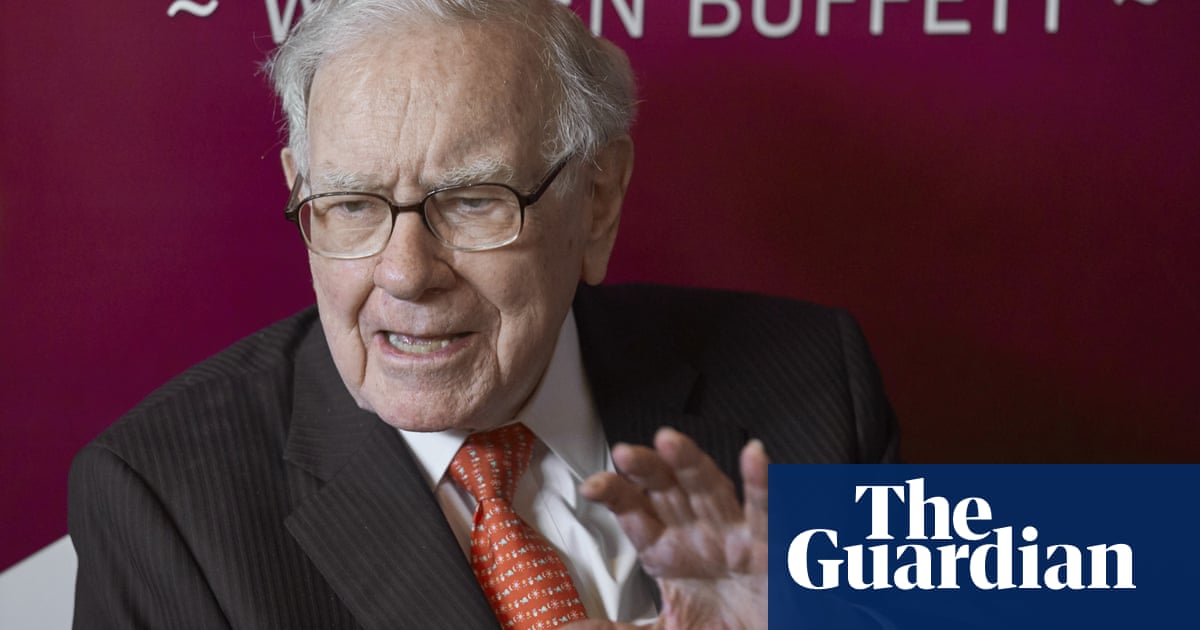It’s tempting to believe that tech billionaires’ embrace of Donald Trump and the far right is a sudden rupture with the usual political ideology of Silicon Valley. Op-eds in the New York Times and elsewhere have made this case. Even Marc Andreessen, one of the billionaires in question, claims that this is what happened – he said that it was a change in the Democratic arty that pushed him and his fellow oligarchs into the arms of the GOP.
Yet this is a serious misunderstanding of the situation. There wasn’t a sudden shift in the politics of tech – it was a homecoming. While it’s true that Silicon Valley has long supported Democratic candidates for political office – and that rank-and-file tech workers still vote overwhelmingly for Democrats – the fundamental ideology underpinning the culture of Silicon Valley’s venture capitalists and CEOs has always had a far-right libertarian core. This is even true for Andreessen: while he likely believed what he said while he was saying it, his own words and actions make it clear that he wasn’t giving an accurate assessment of his own motivations, much less anyone else’s. His venture capital firm, Andreessen Horowitz, has long opposed government regulation of any sort that touches on their investments; Andreessen himself posted a “techno-optimist manifesto” that, despite its claim to be politically neutral, promotes an authoritarian vision of unfettered power for tech oligarchs. He even lovingly paraphrases Filippo Marinetti, the co-author of the Fascist Manifesto.
But the place where the longstanding rightwing ideals of the leaders of the tech industry are most obvious are in their visions of the future. Elon Musk dreams of Mars; Sam Altman claims super-intelligent AI is around the corner. It’s easy to dismiss these as fantasies, deliberate distractions from their present actions. But this is another mistake, closely related to the first. These futures are central to the tech billionaires’ worldview. And these ideas about the future have always contained a political element aligned with dreams of total autocratic control.
Take Mars. Musk has been fairly specific about it: he says he wants a million people living on Mars by the year 2050 in a self-sufficient colony, serving as a backup for humanity in the event of a catastrophe on Earth. He has framed this as an existential struggle, claiming that SpaceX’s Starship rocket “is the key to making life multi-planetary & protecting the light of consciousness”. Jeff Bezos has derided Musk’s plans for Mars, instead saying that we should aim at having a trillion people in space several generations from now, living in a fleet of giant space stations, each with interiors the size of a major city. The alternative, he says, is a brutal future of population control, rationing and “stagnation”.
Bezos is right to pan Musk’s plans for Mars: they will not work. Mars is awful. The gravity is too low, the radiation levels are too high, there’s basically no air and the dirt is made of poison. But Bezos’s plans don’t work either, for a similar litany of reasons. And more fundamentally, there’s no good argument for humans to leave Earth in the first place. The idea of Mars as a backup for humanity in the event of a disaster on Earth is laughable, precisely because Mars is so awful – there’s in effect no disaster, not even nuclear war or a massive asteroid strike, that could make Earth less hospitable for humans than Mars. And the math behind Bezos’s fears of stagnation and rationing – which are really fears about the end of growth – aren’t significantly alleviated by going to space, where resources are just as finite as they are here on Earth.
What these fantasies of space do allow are visions of total corporate control free of governments, a libertarian paradise. Musk’s Starlink user agreement has a clause maintaining that “the parties recognize Mars as a free planet and that no Earth-based government has authority or sovereignty over Martian activities”. (This is in direct violation of international treaties governing space.) Residents of Musk’s Mars colony would be wholly dependent on SpaceX for everything, even the air they breathe; it would be a more total company town than any possible here on Earth. Meanwhile, Bezos’s fleet of space stations wouldn’t be a company town – they would be a company civilization. And with the constant peril of decompression and asphyxiation at hand, Musk and Bezos (or their corporate heirs) would have a ready-made excuse to exercise autocratic control over the residents of these space habitats.
Space is the location of the tech billionaires’ futuristic dreams, but AI is the magic that fuels them. Such AI is always depicted as being able to do as least as much as humans can, if not more. Yet there’s little reason to think that AI like that is coming anytime soon. In a recent survey of AI researchers, 76% said that neural networks, the general architecture that underlies nearly all advanced AI, are fundamentally unsuitable for creating “AGI”, a hypothetical AI that can do everything humans can do. Even more of those researchers said that “the current perception of AI capabilities” is overblown. Nonetheless, in the world of Silicon Valley CEOs and venture capitalists (and among credulous journalists and policymakers), there is a widespread belief that AGI is coming very soon, within a few years.
This unquestioned faith in AGI is linked to a broader myth about the future of technology in general. Once AGI arrives, the story goes, it will quickly and inevitably become super-intelligent, far surpassing individual humans or even humanity as a whole in its capabilities. This will lead to an explosion in scientific and technological development that dwarfs the Industrial Revolution, known as the Singularity. The Singularity will reshape the lives of all humans, enabling seemingly magical results like easy space travel, immortality or near-immortality, perfect virtual reality and limitless energy, all within a few years or less – and the AI’s super-intelligent beneficence will render democracy obsolete.
This vision of technological salvation is baked into the heart of Silicon Valley’s collective unconscious, and has been for decades. Futurist groups in the 1980s and 90s whispered promises of a singularity powered by machine intelligence over early internet email lists, alongside diatribes against democracy and affirmative action and paeans to free markets. The idea of a singularity and all its attendant miracles can be traced back through these groups to mid-20th-century science-fiction – with its trappings of robots and rocket ships conquering the final frontier – and back beyond that to apocalyptic Christian religious movements of the late 19th and early 20th century. These ideas about the future were originally about using technology to ascend to heaven and live forever in the presence of God. They have come down to today’s tech oligarchs with AI playing the role of the deity and space as a substitute for paradise, but they are no less of a religion than they were a century ago.
The tech billionaires’ unshakable faith in this religion of technological salvation leads them to believe the end of this world, and the advent of a perfect one, is nigh. AI and space colonization will lead to utopia, algorithmically guaranteed. This is why they need to believe that AI is amazing, beyond the fact that it’s propping up a bubble – it’s central to their entire worldview. They must believe that AI can be used to replace essential government workers, improve productivity in the workplace and accelerate scientific research, despite all evidence to the contrary.
Tech billionaires are even gambling the planet on the imminent arrival of AGI. Eric Schmidt, the billionaire venture capitalist and former CEO of Google, claims that pursuing AGI is the best path forward to solve the climate crisis, despite the enormous carbon footprint of AI data centers, because of his certainty that AGI will fix the problem for us after its imminent arrival. Sam Altman agrees, and he’s even explained how he thinks that would work. “I think once we have a really powerful super-intelligence, addressing climate change will not be particularly difficult for a system like that,” he says. “If you think about a system where you can say, ‘Tell me how to make a lot of clean energy cheaply,’ ‘Tell me how to efficiently capture carbon,’ and then ‘Tell me how to build a factory to do this at planetary scale’ – if you can do that, you can do a lot of other things too.”
Altman’s plan to solve global warming by asking a nonexistent machine for three wishes is not something our civilization can afford to indulge. The tech oligarchs are confident that their godhead will arrive and deliver us to paradise. This offers them moral absolution for their actions and gives them a sense of meaning. But their faith offers nothing for the rest of us, who cannot afford to live anywhere other than the real world.
-
Adam Becker is a science journalist, astrophysicist, and author of More Everything Forever: AI Overlords, Space Empires, and Silicon Valley’s Crusade to Control the Fate of Humanity

.png) 13 hours ago
4
13 hours ago
4













































